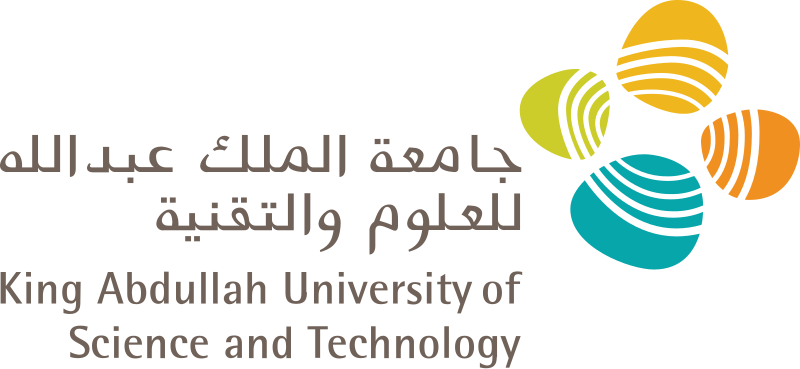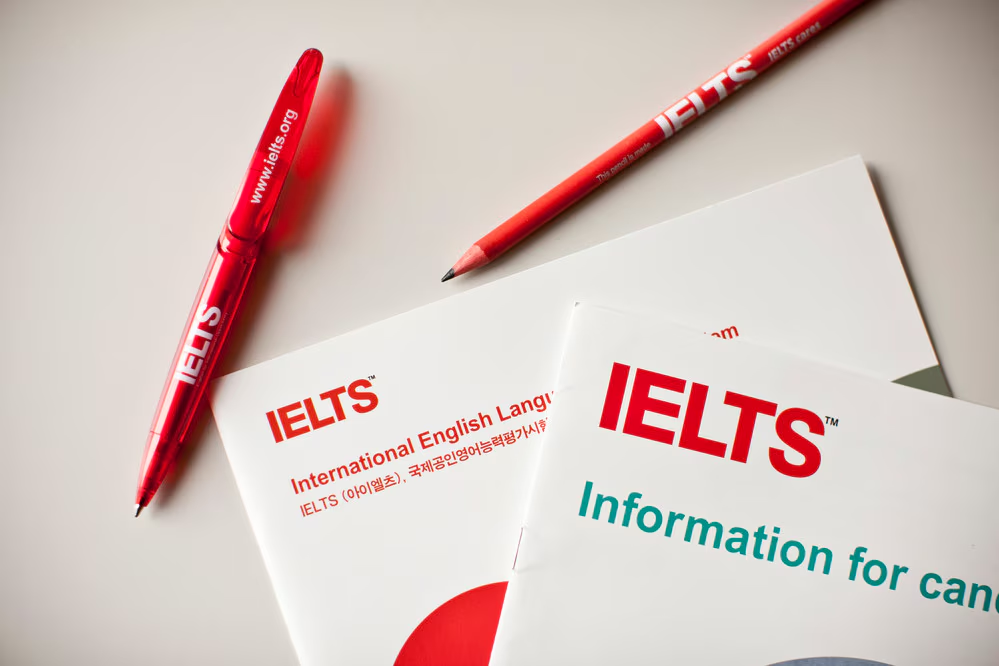
Applying to KAUST - Your Complete Guide for Masters & Ph.D. Programs (Upcoming Admissions)
Admissions Overview & Key Requirements

The IELTS exam opens doors to studying or working in English-speaking countries. It doesn’t have to be hard, with the right preparation and smart strategies, you can boost your confidence and achieve a great score. This guide offers practical tips and expert advice to help you get ready and perform your best on test day.
Knowing the structure of the test is the first step to success.
IELTS scores reflect your real English ability, so improving your skills daily is key.
Taking practice tests can help you spot where you need to improve.
Using authentic materials ensures you are practicing under realistic conditions.
Some sources include :
https://takeielts.britishcouncil.org/take-ielts/prepare/free-ielts-english-practice-tests
https://ielts.org/take-a-test/preparation-resources/sample-test-questions
Managing your time well during the exam is critical.
As someone who achieved a band score of 7 on the first try, I didn’t really seek much advice beforehand or click on many blogs. But if I were to share the tips that helped the most, they would be the ones mentioned here. Understanding the test structure, focusing on language immersion, using official resources, identifying weak areas, and practicing timed tests made a real difference in my preparation.
So, at the start, understanding the structure of each section gives you a clear idea of what to expect, helping you plan and manage your tasks more effectively.
One of the best tips for learning a language is immersion. The British Council, in their article “How English Immersion Can Help You Prepare for IELTS,” explains that by constantly exposing yourself to English, you naturally start to think, speak, read, and write in the language. This practical exposure helps you remember new vocabulary and grammar more easily because you learn them in meaningful contexts.
Another important step is to regularly identify your weak areas. Take practice tests and pay attention to which sections or question types you struggle with. Once you know your weaknesses, you can focus your practice on improving them instead of spending equal time on everything.
With the internet offering an overwhelming number of resources, it’s easy to feel lost or unsure where to start. That’s why it’s important to focus on official, expert-backed materials and limit the number of sources you use. This approach helps prevent feeling overwhelmed and keeps your preparation focused.
Finally, time management is crucial. The actual test feels very different from practice at home because the time flies. Doing timed practice tests is essential to understand where you stand and to monitor improvements in those weaker areas over time.
Share

Applying to KAUST - Your Complete Guide for Masters & Ph.D. Programs (Upcoming Admissions)
Admissions Overview & Key Requirements

Registration Opens for SAF 2025: International STEAM Azerbaijan Festival Welcomes Global Youth
The International STEAM Azerbaijan Festival (SAF) has officially opened registration for its 2025 edition!

An mRNA cancer vaccine may offer long-term protection
A small clinical trial suggests the treatment could help keep pancreatic cancer from returning

Young Leaders Union Conference 2025 in Paris (Fully Funded)
Join Global Changemakers in Paris! Fully Funded International Conference for Students, Professionals, and Social Leaders from All Nationalities and Fields

Yer yürəsinin daxili nüvəsində struktur dəyişiklikləri aşkar edilib
bu nəzəriyyənin doğru olmadığı məlum olub. Seismik dalğalar vasitəsilə aparılan tədqiqatda daxili nüvənin səthindəki dəyişikliklərə dair qeyri-adi məlumatlar əldə edilib.

Lester B Pearson Scholarship 2026 in Canada (Fully Funded)
Applications are now open for the Lester B Pearson Scholarship 2026 at the University of Toronto!